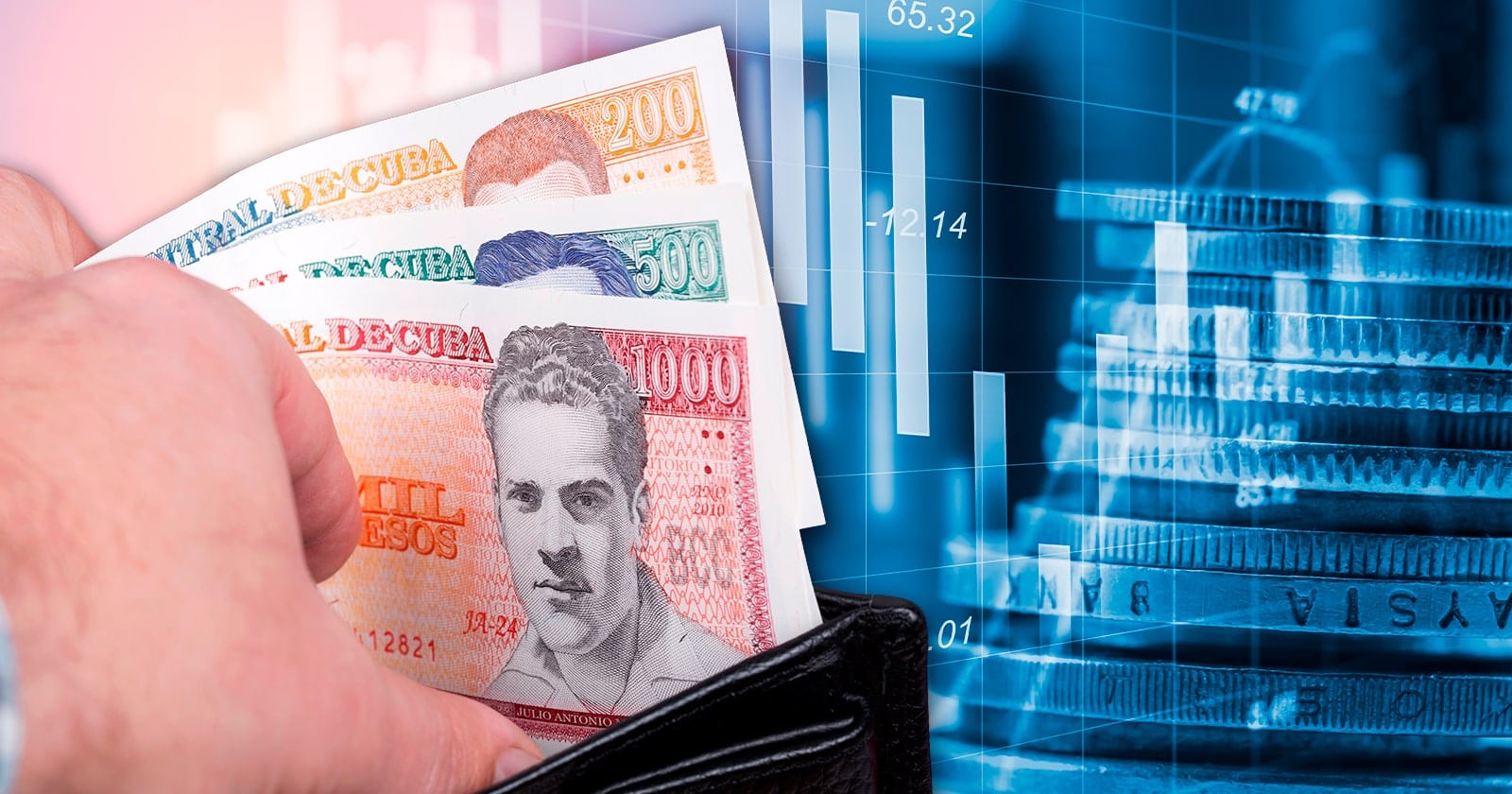
In recent months, the Cuban government has indicated a series of measures to stabilize the country’s economy, a process more cumbersome than anyone might assume.
The island faces serious problems on different fronts related to this issue, ranging from inflation to others intrinsic to it such as the supply and demand of goods and services, declining national production, and the production model applied in the country.
To this must be added the issuance of money without backing and the fiscal deficit, which for 2023 reached 68 million Cuban pesos, a very high figure.
The Cuban currency has no value in the international market, nor is there an exchange scheme that favors access to international currencies.
All imported products are purchased with dollars, a foreign currency that devalues the weakening Cuban peso, limiting its functions.
Large debts, little income, that is the harshest reality the island experiences, and with it, those at the bottom suffer the most, facing shortages that reach the limits of poverty.
With this scenario, it would be essential to execute a stabilization program with which, to the extent that the actions can be effective, the economy begins to recover.
As 2023 was coming to a close, the measures that would be applied to “correct distortions” and boost the economy were announced.
Three fundamental policies were outlined in this regard: fiscal, monetary, and exchange.
The fiscal policy aims to perfect mechanisms that reduce tax evasion and subsidies to products and companies, as well as increasing tariffs on non-essential products, among others.
The monetary policy is more complicated, as it must be based on the backing that the Cuban peso does not have.
The Central Bank of Cuba (BCC) must, like a magician, regulate inflation by moving interest rates to make them attractive to those who intend to save and thus collect cash while simultaneously dealing with other loan interest rates that it cannot reduce.
The exchange policy is perhaps the most idealistic of the three, because if the state does not have the foreign currency to purchase the products the population needs and incurs large debts, how would it establish its legal access and on equal terms to economic actors?
Achieving a single exchange rate where the dollar can be purchased at a rate of 24 CUP and dismissing the skyrocketed prices in the informal market would be extremely difficult.
The dollar reaches the price of 317 CUP to one in the informal Cuban market and with a tendency to increase by two percent, that is, 6.37 CUP more than that figure.
Almost a utopia to straighten out the Cuban economy in current times, perhaps all efforts should be directed to “correct” agricultural unproductivity, a sector that would save the people’s table, the first place where a country’s improvement is noticed.
Washington, January 14, 2025. In a decision set to redefine U.S.-Cuba relations, official sources have…
The management of assistance strategies in response to natural disasters by the Internal Revenue Service…
Are you living in Miami and looking for a job opportunity as a sales representative?…
Family reunification is a top priority for Cubans arriving in the United States, eager to…
Upcoming holidays for Americans include Memorial Day on May 27 and Independence Day on July…
Are you enrolled in Social Security Disability Insurance (SSDI) or the Supplemental Security Income (SSI)…